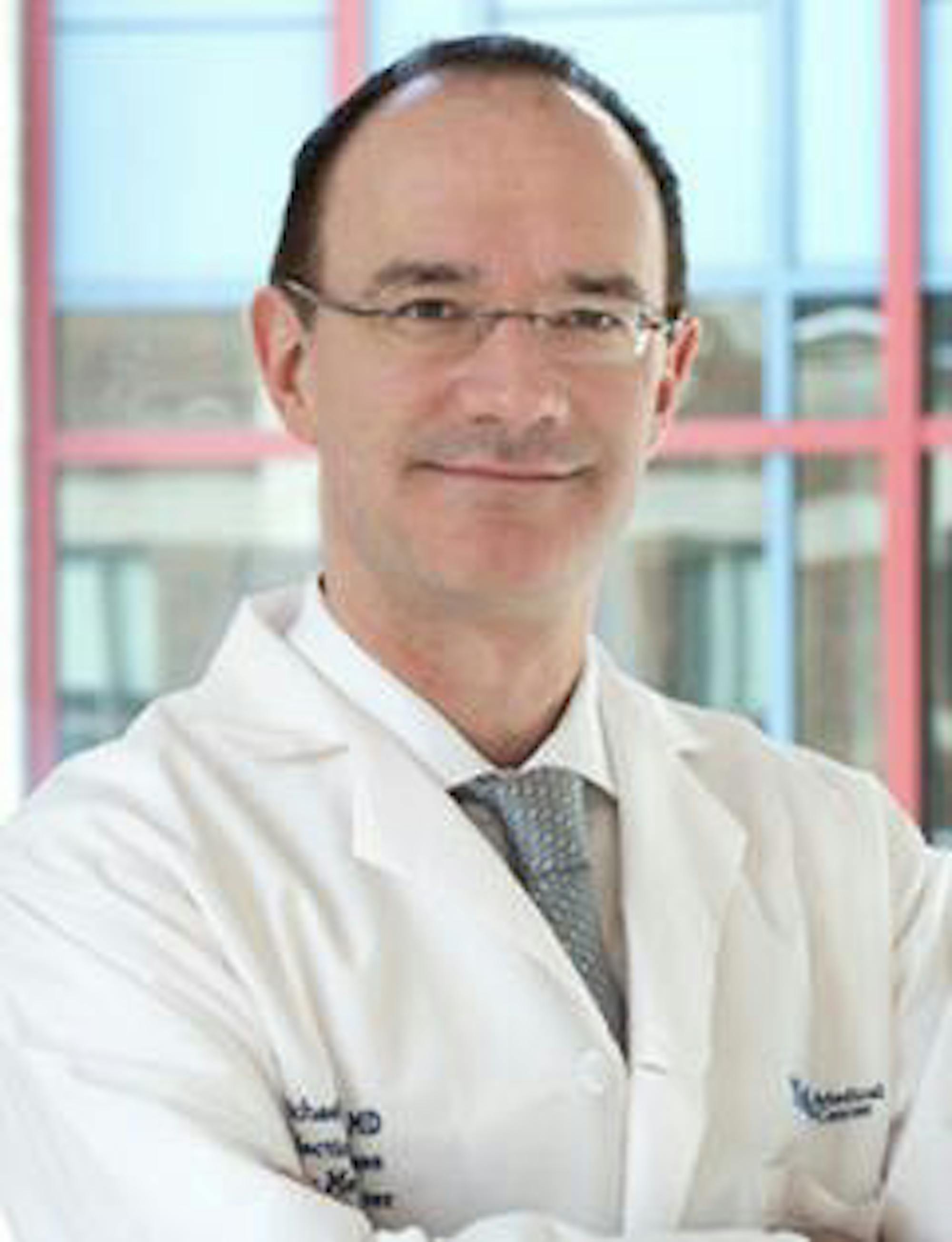Editor's note: This interview has been edited for clarity.
Dr. Michael Jordan was appointed as the university's infection control health director in August 2020. In this position, Jordan has spearheaded the university’s response to the COVID-19 pandemic, overseeing testing, vaccination and contact tracing programs. Jordan is also an attending physician in the Division of Infectious Diseases and Geographic Medicine at Tufts Medical Center and an assistant professor at Tufts University School of Medicine. His expertise centers around HIV and emerging diseases like COVID-19. The Daily interviewed Jordan over email to discuss his role in Tufts' COVID-19 response.
The Tufts Daily: We're about to mark the first anniversary of the COVID-19 pandemic. Last March, what did you make of COVID-19?
Michael Jordan: Unfortunately, as an infectious disease physician and virologist, I feared the worst and sadly it has come true. We are living through a century defining event.
TD: Did you think the university would be capable of resuming operations amid a pandemic?
MJ: Yes, I knew it was possible with surveillance testing and protocols to mitigate transmission combined with the tremendous dedication of students, faculty and staff.
TD: From your own observations, how well have the students dealt with the adjustments in campus life under COVID-19?
MJ: Tufts students have shown commendable resilience and strength in the face of a life-defining pandemic. I am tremendously proud of each and every student as I know how hard it has been.
TD: In general, how successful has Tufts' vaccine rollout been? So far, has it progressed as you hoped it would?
MJ: We are prepared to vaccinate many hundreds of people per day. However, the state has opted, due to limited supply of vaccines, to provide vaccines at large vaccination sites. All individuals classified as Phase 1 at Tufts have been offered vaccination. Our set up in the Gantcher Center is second to none and we have our experts at event management, Tufts Technology Services and emergency management to thank for that. Should the state provide us with more vaccines, we stand ready to vaccinate Tufts students, faculty and staff and to serve our local communities, if asked.
TD: Going forward, what about our current status makes you feel optimistic?
MJ: Vaccination is the light at the end of the tunnel. However, let us not let our guard down too soon. Over 500,000 Americans have died — a terrible toll — so let us remain vigilant until nearly everyone has been vaccinated.
TD: What makes you feel pessimistic?
MJ: I am concerned about the possibility of variants that will evade vaccine-generated immunity.
TD: Are there ways in which, even after a sufficient amount of the population is vaccinated, the pandemic will continue to affect our lives?
MJ: So many of us have lost loved ones; these are scars we will bear forever.
TD: What do you predict will be the more lasting effects on university/national policy?
MJ: I hope that University life will return to its pre-pandemic normal. I hope that the US government and international organizations finally take seriously the threat of emerging infectious disease and pandemic response.






